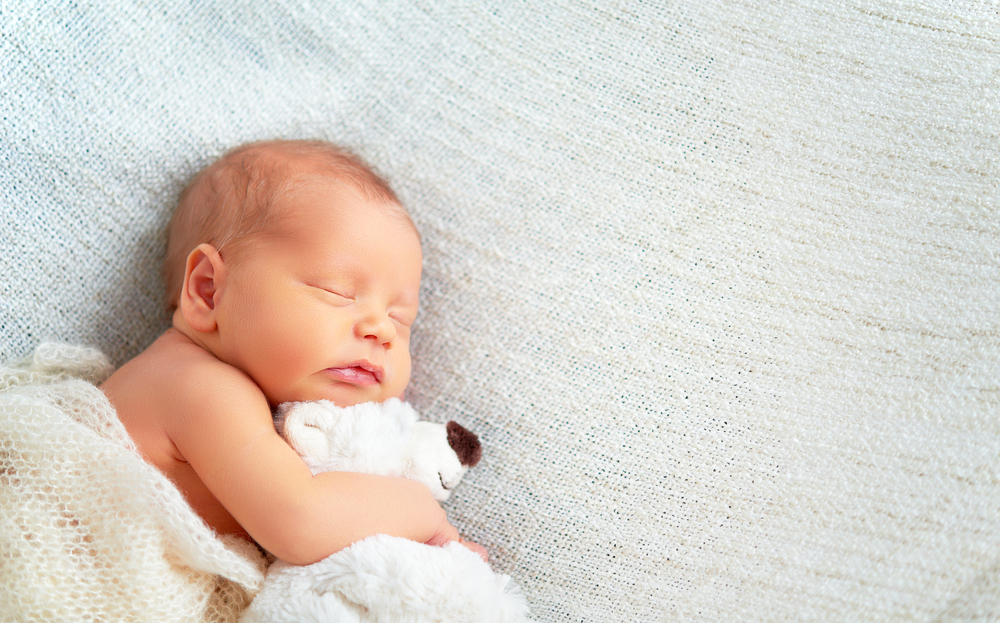Table of Contents (click to expand)
A newborn baby may partially understand the cues given by his caregiver and respond to them. Babies are slightly aware of what is happening, but not anything like the awareness of adults.
Babies are adorable! We see them and we instantly smile; their innocence and cute little actions make our day. A home with a baby sees it all— laughing, crying, all-nighters, doctor visits, growth, tension and so much more.
Babies do not speak through words, but through their cues & actions (we can for sure say here that “actions speak louder than words”) determine their moods and wants. The cues include crying, laughing, moving their hands and legs, and smiling. These fundamental signs all help parents understand what their little one might be requesting.
If a parent is unable to read the baby’s cues and interpret their wants, the non-verbal communication is unsuccessful, and eventually, the baby starts crying.

Cues From Babies
Before moving on to the cues given by parents, it is essential to elaborate on the various cues that babies provide to their parents.
One of the cues is that babies appear peaceful and quiet while they focus solely on consuming milk, which will satisfy their appetite.
They move their hands and legs when they want to play and are excited about something.
They turn their heads in another direction when they get distracted, or while being fed and feeling full.

When babies are hungry, they lick their lips; they might even suck their fingers and look around with their mouths open (Source).
Babies don’t have much information in their brains, as they will develop their cognitive abilities and perception as they grow older, but babies can sense what is happening around them to a certain degree. They know their caregiver’s (mother’s) smell and voice, which have a calming effect.
Also Read: What A Baby Learns While Still In The Womb?
Development In Infancy: Communication
Although babies cannot speak, they do understand what is happening in their environment. Their perception is not like an adult, but they are mildly aware. They communicate through their cries and their cooing, if not by talking.

At times, babies listen to what is happening in their surroundings, they smile when they see someone they recognize, and they may even play with their caregivers. Babies even try to speak or communicate by cooing (making ‘oooh, and ‘aah’ sounds). All of this is crucial for babies, because this is how they learn to control their air for breathing and use their sounds to speak.
Babies are unable to understand what is happening inside their bodies, and though they don’t know exactly what they are feeling in a given moment, they communicate all of this through their voice and expressions. They even have different cries for various feelings (Source).
Also Read: Why Can’t Adults Talk Normally To Babies?
Parental Cues And What The Baby Understands
Parental cues refer to parents exhibiting signals without verbal communication in the form of expressions, body language, tone, etc. Parents give cues to the baby, but does the baby understand them?
Newborns are born with initially wide-ranging sets of sensory judgments, which also include communication cues. Babies from birth can pick up emotional cues from their environment. They identify the mood around them and exhibit the same energy. Emotional development in a baby happens in the early infant stages, and as they learn how to perceive and respond to the world, babies watch their parents for mental cues.
When talking to small children, parents and other people frequently employ infant-directed speech, which involves speaking slowly and making volume and pitch variations that are emphasized. This results in increased attention from the baby.
Do Babies Understand Physical Cues?
Babies are inhibited from birth to perceive the world; it is not equivalent to adult-level perception and understanding, but they do know what is going on around them to some degree.
A baby can understand his caregiver’s cues to a small level and accordingly perceives them. They react to situations if they’re happy, they throw their hands and legs up in the air when they want to play, and they cry when they are hungry or irritated (though they may only perceive it as a negative feeling).
A parent’s stress might also affect their child. Parents need to understand that their mood and cues are affecting their babies, so it’s essential to keep the babies in a positive environment.
Also Read: How Does A Human Newborn Recognize Its Mother?
How well do you understand the article above!

References (click to expand)
- Baby Speech Development – Communication Without Words. telipa.org
- Child development 0–3 months - HealthyWA. healthywa.wa.gov.au
- Building a Secure Attachment Bond with Your Baby. helpguide.org
- Reifen Tagar, M., Federico, C. M., Lyons, K. E., Ludeke, S., & Koenig, M. A. (2014, February 6). Heralding the Authoritarian? Orientation Toward Authority in Early Childhood. Psychological Science. SAGE Publications.
- Understanding your child's needs and how to respond to them. National Childbirth Trust
